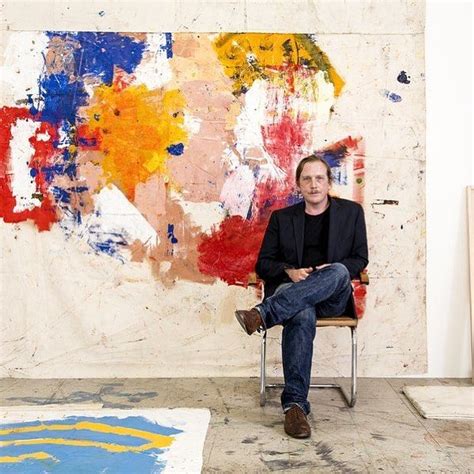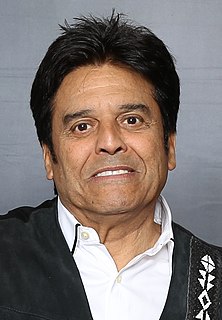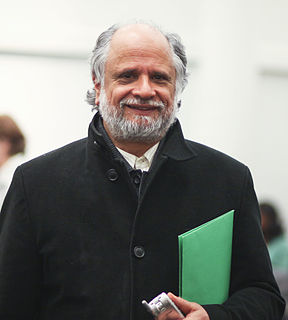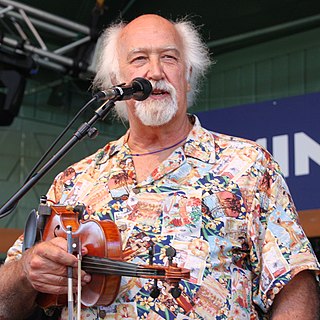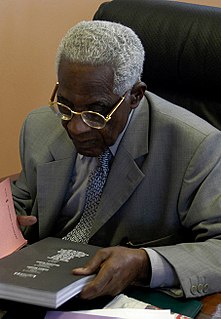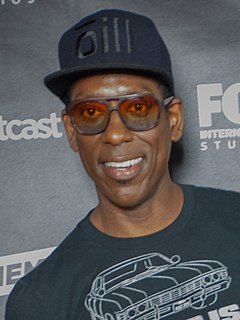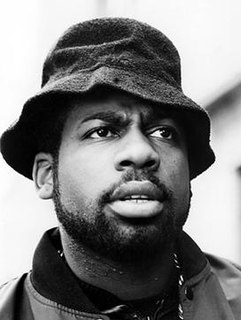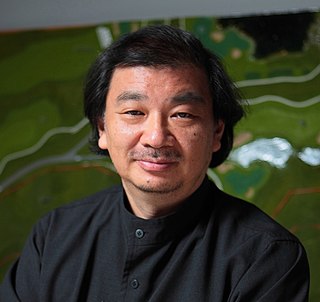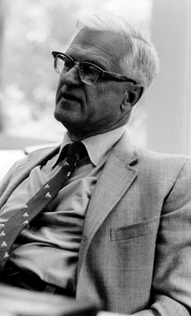Top 1200 Youth Culture Quotes & Sayings - Page 18
Explore popular Youth Culture quotes.
Last updated on November 23, 2024.
I could give examples of cabinet ministers, including defence ministers, who have no technological culture at all. In other words, what I am suggesting is that the hype generated by the publicity around the Internet and so on is not counter balanced by a political intelligence that is based on a technological culture.
But one thing that seems pretty clear when we look at human religion is that it's highly tied in with human culture. So if, as seems to be the case, culture's governing a lot of what whales do, it's perhaps not an unreasonable hypothesis to think that it's got elements of...what I guess you'd call the supernatural.
Our society offers little in the way of reeducation for those who have been torn away from their traditional culture and suddenly exposed to all the blandishments of mass culture-even the churches which follow the hillbillies to the city often make use of the same "hard sell" that the advertisers and politicians do.
We don't want this globalised economic system which does us so much harm. Men and women have to be at the centre (of an economic system) as God wants, not money. The world has become an idolator of this god called money. To defend this economic culture, a throwaway culture has been installed. We throw away grandparents, and we throw away young people. We have to say no to his throwaway culture. We want a just system that helps everyone.
Maybe it's naïve, but I would love to believe that once you grow to love some aspect of a culture-its music, for instance -you can never again think of the people of that culture as less than yourself. I would like to believe that if I am deeply moved by a song originating from some place other than my own homeland, then I have in some way shared an experience with the people of that culture. I have been pleasantly contaminated. I can identify in some small way with it and its people.
Almost by definition, secularism cannot be a future: it's a present-tense culture that over time disconnects a society from cross-generational purpose. Which is why there are no examples of sustained atheist civilizations. "Atheistic humanism" became inhumanism in the hands of the Fascists and Communists and, in its less malign form in today's European Union, a kind of dehumamism in which a present-tense culture amuses itself to extinction. Post-Christian European culture is already post-cultural and, with its surging Muslim populations, will soon be post-European.
This happens to a lot of kids from different backgrounds - they lose a lot of their parents' and grandparents' teachings, language and culture because they have to deal with another language and culture 24/7. By the time I was 44, I was terrible at Spanish. I was always intimidated whenever I had to speak it.
When culture is created in boardrooms with a panel of six or seven strategists for the masses to follow, to me that is no different than an aristocracy. It's not created from the people in the middle of the streets, so to speak. It is created from a petri dish for the sake of making money, and it is undermining the longevity of the culture.
When I was training in medicine for example, there was a culture in medicine that strong people didn't need sleep, that the less you slept, the more you just powered through a tough call not on no sleep, the stronger you were. That is not helpful to have a culture that supports healthy practices like that.
Classical music is at odds with contemporary culture precisely because of its insistence on the tension between the bodily and intellectual, the material and the spiritual, the thinglike and its transcendence in thought. A culture that is merely sensuous and that denies the activity of the mind within sensuous materials risks becoming pornographic.
In Scotland over many years we have cultivated through our justice system what I hope can be described as a 'culture of compassion.' On the other hand, there still exists in many parts of the U.S., if not nationally, an attitude towards the concept of justice which can only be described as a 'culture of vengeance.'
Confidence is not just in people's heads; it comes from the culture of the organization. It's easier to expect success when working in an organization that has a culture of accountability, collaboration, and initiative. Without this, it's easier - and more self-protective - to assume failure so the person is not disappointed and instead pleasantly surprised.
People ask a lot about how I can be a believer in a culture that perhaps is counter cultural to what you believe in. I've come to the conclusion that I'm able to be in this culture and in this industry and fruitful because I don't look to my circumstances to determine what I believe to be true about God.
Especially for those of us living in the Western culture, death to a large extent is still a taboo subject. It's considered something dreadful that shouldn't be happening. It's usually denied. The fact of death is not faced. What we don't realize in Western culture is that death has a redemptive dimension.
It's the culture, not the blood. If you can go anywhere in the world and adopt these babies and put them into households that were already assimilated in America, those babies will grow up as American as any other baby with as much patriotism and love of country as any other baby. It's not about race. It's never been about race. In fact the struggles across this planet, we describe them as race, they're not race. They're culture based. It's a clash of culture, not the race. Sometimes that race is used as an identifier.
When I speak of artistic universals, I am not denying the enormous role played by culture. Obviously culture plays a tremendous role, otherwise you wouldn't have different artistic styles - but it doesn't follow that art is completely idiosyncratic and arbitrary, either, or that there are no universal laws.
In the French culture, they talk politics. I didn't find it was part of our culture to have political arguments at the table. My husband's family will get into major politics, and it's not an aggressive thing. It's so interesting and you learn so much, whether it's Right or Left, and that to me has been really great.
There's something unique about the United States, a sense of individual rights and freedoms, and a sense of social and civic responsibility that we contributed to so much of the world. We lost that mission in the 1980s and 1990s, when we entered a gilded age, and the culture of individualism became a culture of avarice.
At Harman, we had to reinvent ourselves so that we can compete on a global playing field. We did it by instituting a culture where teams can take calculated risks. But to inspire such a shift in mindset requires meaningful rewards across the ranks and freedom to experiment and innovate. I like to think of it as our courage culture.
In Western culture, particularly North America, a lot of rules are descriptors for sociopathy: a general acceptance of lying as long as you win, an attitude of "me first," an attitude that what it looks like is more important than what it is. This makes it much easier for a sociopath to be camouflaged in our culture.












